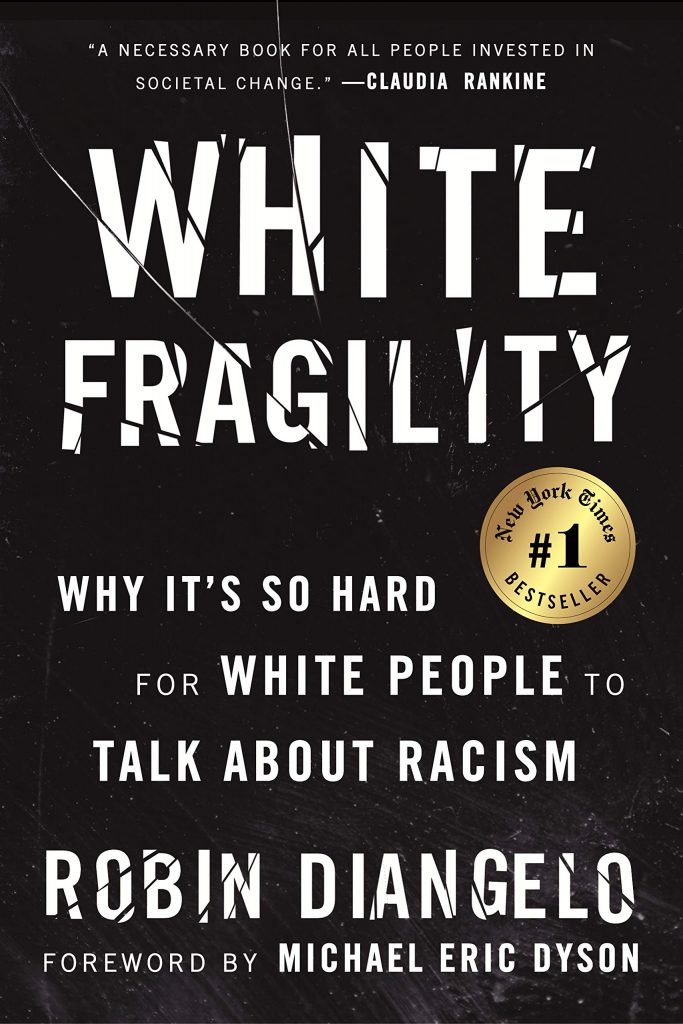I feel like I’m making progress in understanding racism and white privilege. I still have a long way to go, but at least I think I’m moving in the right direction. What was helpful was the 21 Day Racial Equity Habit Building Challenge. I mentioned that in a previous article. I’d encourage or perhaps even challenge you to try it.
Here’s how the website describes it: “For 21 days, do one action to further your understanding of power, privilege, supremacy, oppression, and equity; Plan includes suggestions for readings, podcasts, videos, observations, and ways to form and deepen community connections. Suggestions are in the following categories: Read, Listen, Watch, Notice, Connect, Engage, Act, Reflect, Stay Inspired.”
I have to confess, however, that I spent 20 of those 21 days in the first three categories – read, watch, and listen. So I know more, maybe a lot more, than I did before. While I don’t want to denigrate knowledge and awareness as important steps, I also have to admit it’s not enough. This may be changing me, but it’s not really making any difference in the culture around me.
In some ways I’ve kept going even after the 21 days, especially by listening to different podcasts. What’s also been helpful has been reading the book White Fragility by Robin DiAngelo. It doesn’t really qualify as a page turner, but it definitely qualifies as an eye opener.
I’d like to invite you to join me for a book study to discuss this important book. I’ve got some vacation coming up later this month, so let’s plan to do this on the first four Monday nights in August, which are the 3rd, 10th, 17th, and 24th, starting at 7 p.m. We’ll probably go for about an hour but no longer than an hour and a half each night. Send me an email at wvgeneralpresbyter@wvpresbytery.org, and I’ll send you the code for the Zoom meeting once I get back in the office.
I can’t promise that our discussion will always be comfortable. That’s one of DiAngelo’s main points, that white people are used to being comfortable, we like being comfortable, and we shut down the discussion and stop thinking when we get uncomfortable talking about race. We need to move beyond being comfortable and being safe. You can feel free to push back at me if you’d like during our time together. I certainly don’t have this all figured out, and I definitely have a lot more to learn.
Another one of DiAngelo’s main points is that racism is not a binary concept. It’s not like we’re either racists or we’re not. Thinking that’s how it works serves to keep us comfortable because we’ve been taught that racism is a bad thing and that racists are those people who use the n-word, support the Ku Klux Klan, proudly display the Confederate flag, or things like that. Since most of us do not do those things, we can feel good about ourselves and feel comfortable saying that’s not who we are or what we believe, so we’re not racist.
The reality is that racism is more of a continuum, and while we may not be on the far end of that spectrum, all of us with white skin tend to say or do things that could be considered racially offensive. Even those who are far more aware of the problem than I am will occasionally slip and make racially insensitive mistakes. That’s one of the things I liked about DiAngelo’s book – she willingly admits those times when she said or did something that, upon reflection, was offensive.
Friends, this is a journey. It may seem like an optional one. However, it’s only optional if we want to ignore the painful truth about the racism and racial injustice that afflicts our country. Somehow, I believe Jesus is leading us on this journey. It is past time for us to move beyond the ignorance that has kept us comfortable and to address the discomfort and the deaths of far too many people of color. I hope you’ll join me for the book study of White Fragility in August.

